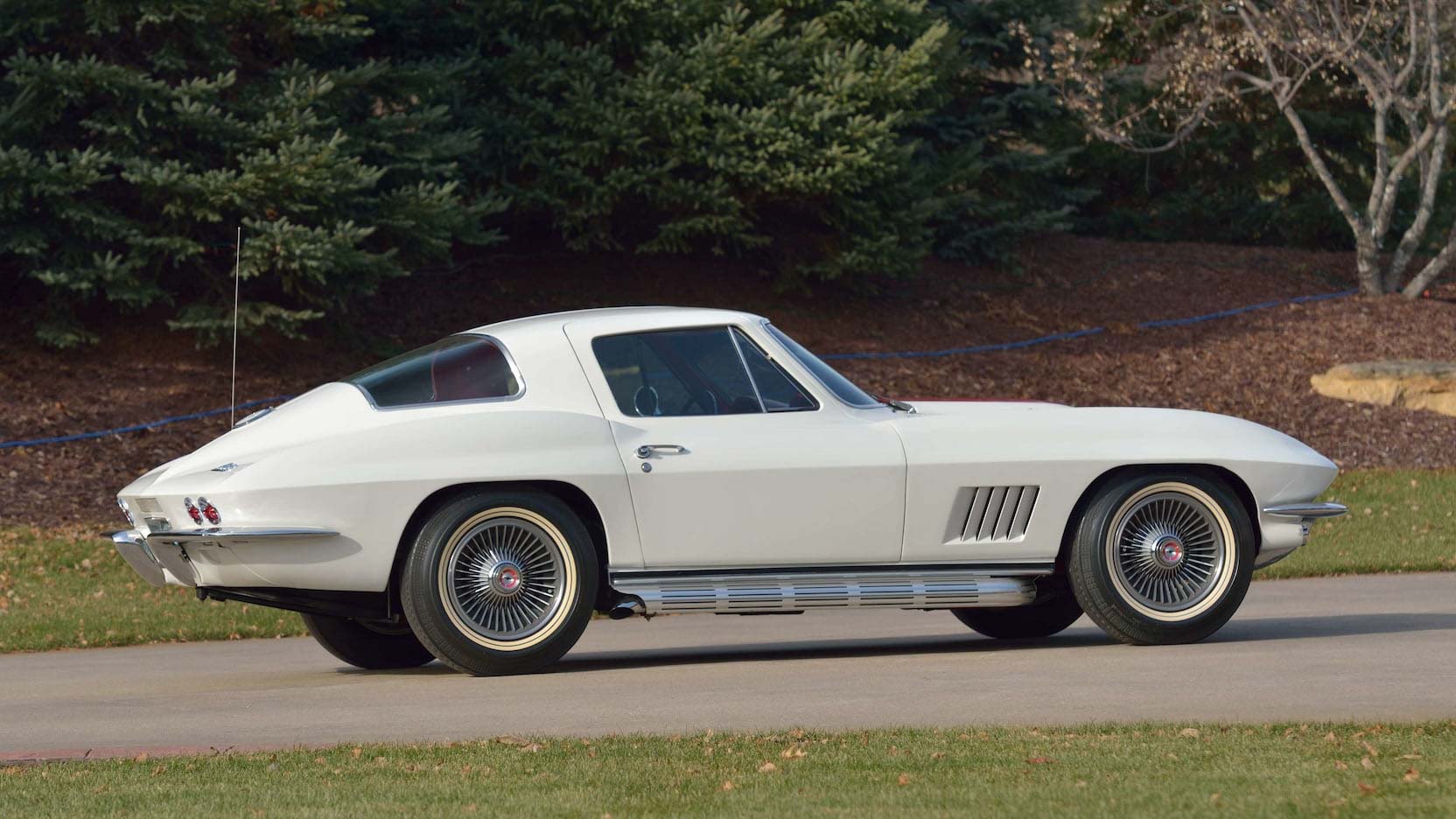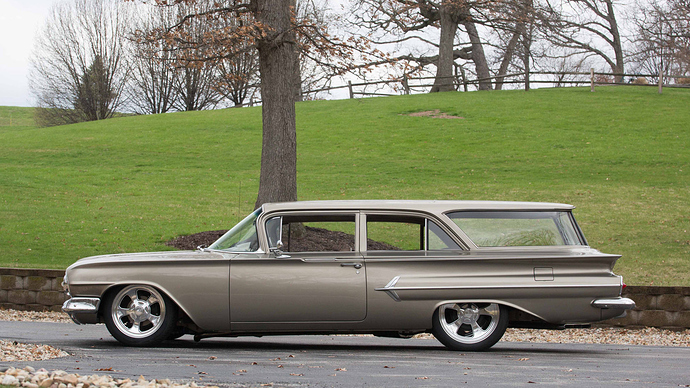Everyone’s hauling preferences are based on 1.) their personal experience and 2.) their region and geography.
Here are my experiences and preferences:
Hauled for 20 + years with a 3/4 Chevy truck and a 16’ steel bumper pull stock trailer with 4 horses. Hauled a LOT of interstate miles in that rig. Eventually blew out the transmission hauling one pony on the interstate on a hot summer day because the dealer’s “tow package” did not include a transmission oil cooler. Will never make that mistake again.
Tried hauling the 16’ steel stock and 2 horses with a beefed up V8 Jeep Cherokee, load levelers and anti-sway bars. It was sorta kinda okay on flat terrain. How it was loaded was key - there had to be enough weight on the tongue to keep the trailer balance. Stopped midday on the trip home to move the horses forward to keep the trailer from going all over the road.
Started out hauling again ten years with a QH size steel Ponderosa bumper bull, towed by a V8 F150. The F150 was a custom build for a friend who haul car trailers and flat beds - has the transmission oil cooler, the beefed up radiator, larger engine than stock and a different rear axle. It was great for pulling the 2 QHs around locally.
I upgraded to a much nicer aluminum 2 horse with small dressing room that actually weighs the same as the steel QH trailer, it’s just longer, taller and wider. I also upgraded to 2 draft crosses. So, ~ 2800 pounds of horse in the trailer instead of 1800. Again, the beefed up F-150 does fine locally. Hauling longer distances, NOT even interstate, it gets dicey and the engine overheats. Traded out the thermostat and I am very careful and watch the gauges like a hawk while hauling.
Eagerly awaiting our F-250.
Friend bought a really lovely bumper pull 2+1 plus dressing room. Is hauling it with a beefy V8 Jeep Cherokee with a tow package. RV guys told her it was okay, Jeep dealer told her it was okay. I told her the set up made very nervous, that it any kind of challenging conditions, the trailer would overpower the Jeep.
It was okay for for 6 - 8 months when she was just hauling locally to lessons or to school. Even with two horses on it. She wanted to go to a more distant competition that required interstate travel. NOT okay. Scared her to death and she knows it is TRULY just for local hauling.
I have had several people tell me that the Eco-Boost engine is truly a game changer. But when I look around parking lots at shows and gatherings, I don’t see many. And even if the smaller engine is THAT much efficient, how about the transmission? You’re much likely to blow a transmission hauling too big or too unbalanced a load than a engine.
Yes, lots of people used to haul with station wagons back in the day. But the station wagons had 350CC and up engines, and the trailers were tiny two horse Hartmans. Apples and oranges.
I know that in the UK, hauling setups are very different than here, and I don’t understand why. Do you haul shorter distances? Is there no expectation of going at interstate speeds?
As for me, I am three interstate travel hours away for a veterinary emergency hospital with surgical capabilities. I would like a rig that could take me there in an emergency at speeds higher than 45 mph, so I’m gonna hold out for the F250.
@Nezzy, I’m glad you got the bigger truck. For reference, the Ford Ranger has a 2.3L 4 cylinder engine. My F-150 has literally TWICE the engine.
@endlessclimb, not a fan of the sarcasm or the exaggeration for effect, especially since it’s so pointedly directed at Americans, but hey, you do you. You wanna haul with something smaller and you feel safe doing so, good on ya!
I’m gonna keep the F-250.




